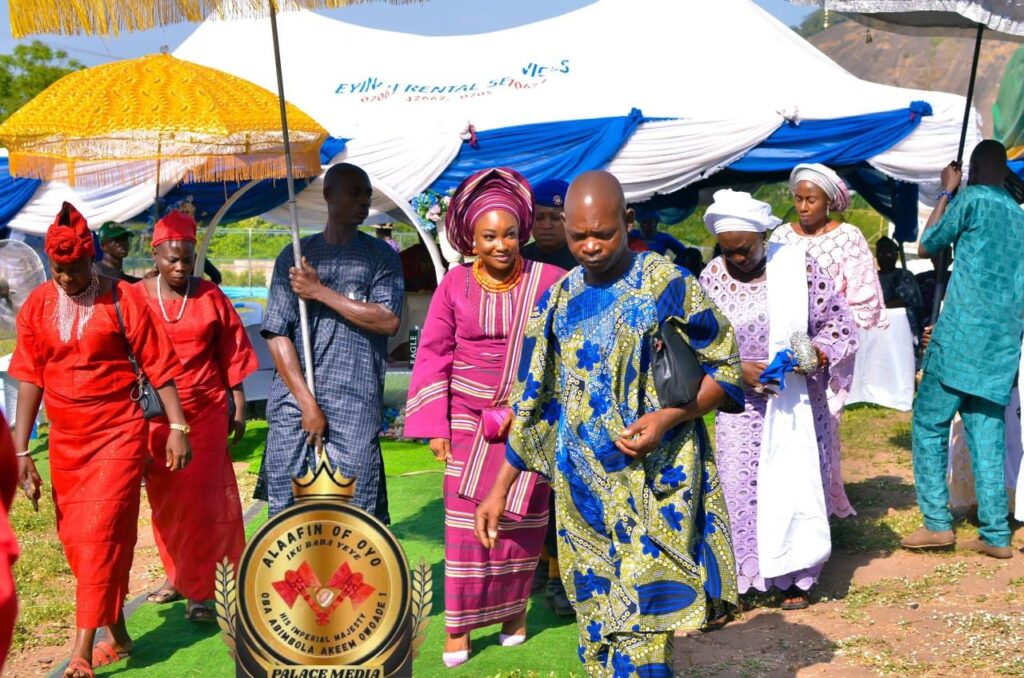The Alaafin of Oyo, His Imperial Majesty, Oba Abimbola Akeem Owoade 1, has urged the Nigerian leaders to promote cultural tourism as a sure revenue-generating alternative to oil in order to achieve economic development.
According to a press release signed by Bode Durojaiye, Director of Media and Publicity to the Alaafin, and made available to Saturday Telegraph, cultural tourism is important in boosting the country’s economy and a way of diversifying from oil.
Speaking during this year’s Iyake International Festival at Ado-Awaye, Oyo State, Oba Owoade, who stressed the significance of reviving old culture, values and traditions, said that “the graduation of the Asian Tigers, particularly China, from underdeveloped countries to developed countries was culture-driven.
The root of Chinese development success was in the 1965-1968 cultural revolution that was meant to restore the cultural principles of the Chinese people and revolutionise political opinion and behaviour.
“Today, China is one of the strongest economies in the world, courtesy of its development efforts driven by cultural rejuvenation and revolution. The foundation of our efforts at development must be the rejuvenation, protection and appreciation of our cultural heritage, which will be the bedrock of selling it to the outsiders.
“If we do not appreciate our own cultural values, there is no way we can harness them for our development. We must strive to maximise the economic opportunities of our cultural artefacts and festivals for our development. All these can be developed to meet international tourist standards and thus yield enormous foreign earnings to our governments at various levels.
“In the first instance, there would be a stimulation of rural development since most of the tourist attraction areas are located in rural areas.
In the second, it would also lead to a drastic reduction in rural-urban migration and human congestion in the urban centres, which is one of the major economic problems of the contemporary Nigerian state because of employment opportunities and income generation that will be opened up for rural dwellers”.
The Alaafin, who was accompanied by his Queen Consort, Ayaba Abiwunmi, cited the instance of the Yoruba that. possessed famous traditions of art, precisely because they had productive economies and vibrant commercial systems, which allowed artists and craft workers freedom from scarcity and provided access to metals, woods and clay sculptures.
















